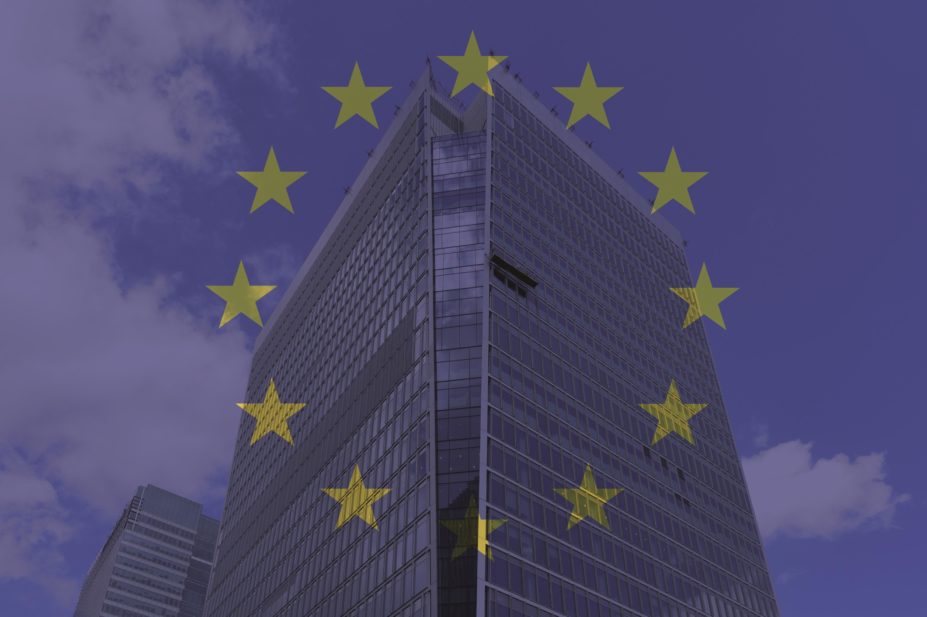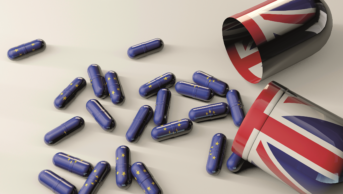
Shutterstock.com
The European Medicines Agency (EMA) and the European Commission (EC) has issued a notice to drug companies reminding them of their legal duties regarding any medicines that have been approved centrally in light of the UK leaving the EU.
Drug companies are being reminded that European Union law requires that marketing authorisation holders are established in the EU (or European Economic Area [EEA]) and that some activities must be performed in the EU (or EEA), such as pharmacovigilance or batch release.
“Marketing authorisation holders may be required to adapt processes and to consider changes to the terms of the marketing authorisation in order to ensure its continuous validity and exploitation, once the UK has left the [EU],” said the statement, which was issued on 5 May 2017.
Companies will need to act early enough to avoid any impact on the continuous supply of drugs in the EU, the statement added. They are expected to proactively screen any authorisations they hold for the need for any changes.
“The necessary transfer or variation requests will need to be submitted in due time considering the procedural timelines foreseen in the regulatory framework.”
The EMA has already had discussions with member-state drug regulators on how they will share the regulatory work when they lose the Medicines and Healthcare products Regulatory Agency (MHRA), which regulates medicines and medical devices in the UK, on 30 March 2019.
Commenting on Brexit in the EMA’s annual report, published on 10 May 2017, Guido Rasi, the agency’s executive director, said: “We are faced with the likely prospect of relocation and loss of expertise.
“EMA is a core building block of the common market for medicines in the EU. The agency can be compared to well-oiled machinery that works like an assembly line bringing together the best experts from across the EU… We cannot afford for this machine to start stuttering.”


